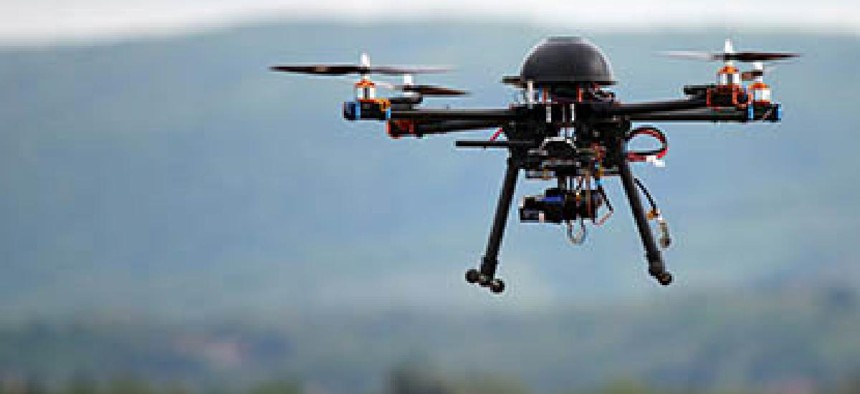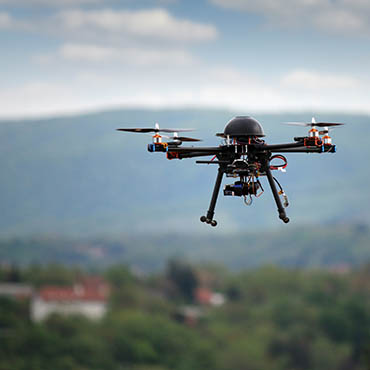Amazon latest FAA drone certificate holder

The 48th experimental airworthiness certificate was granted for a design presented to the FAA by Amazon Logistics.

The Federal Aviation Administration is closing in on 50 approvals for certificates allowing commercial tech developers to operate experimental drones in U.S. air space after signing off on an experimental airworthiness certificate for Amazon.com, its highest profile drone authorization yet.
The company has been looking to develop an unmanned aerial system that can deliver packages to its customers.
Amazon is only the latest in a growing cadre of companies that have been granted the certificates that allow them to flight-test drone systems. In February, the agency signed off on experimental certificates for less glamorous applications like smoke stack inspections, tree pruning surveying, as well as film and television operations.
The FAA was tasked in 2012 with coming up with plans to integrate unmanned aircraft into the national airspace, making sure evolving systems don't interfere and work well with existing commercial aviation. The certificates for experimental systems are part of that effort.
On March 19, the agency said it approved its 48th experimental airworthiness certificate for a design presented to it by Amazon Logistics Inc. Amazon Logistics is responsible for building the company's delivery network, creating and developing the systems used to ship products from its fulfillment centers to customers’ doorsteps.
According to the FAA, the company said it will use the certificate in its research and development and crew training.
Under the overall requirements in the FAA's certificate, flight operations must be conducted at 400 feet or below during daylight hours and always remain within visual line-of-sight of the pilot and observer. The pilot remotely flying the aircraft must have at least a private pilot’s certificate and current medical certification.
Amazon, like fellow experimental airworthiness certificate holders, also has to provide monthly data to the FAA and report the number of flights conducted, pilot duty time per flight, unusual hardware or software malfunctions, any deviations from air traffic controllers’ instructions, and any unintended loss of communication links.
NEXT STORY: Using a Smartphone May Make You Smarter


